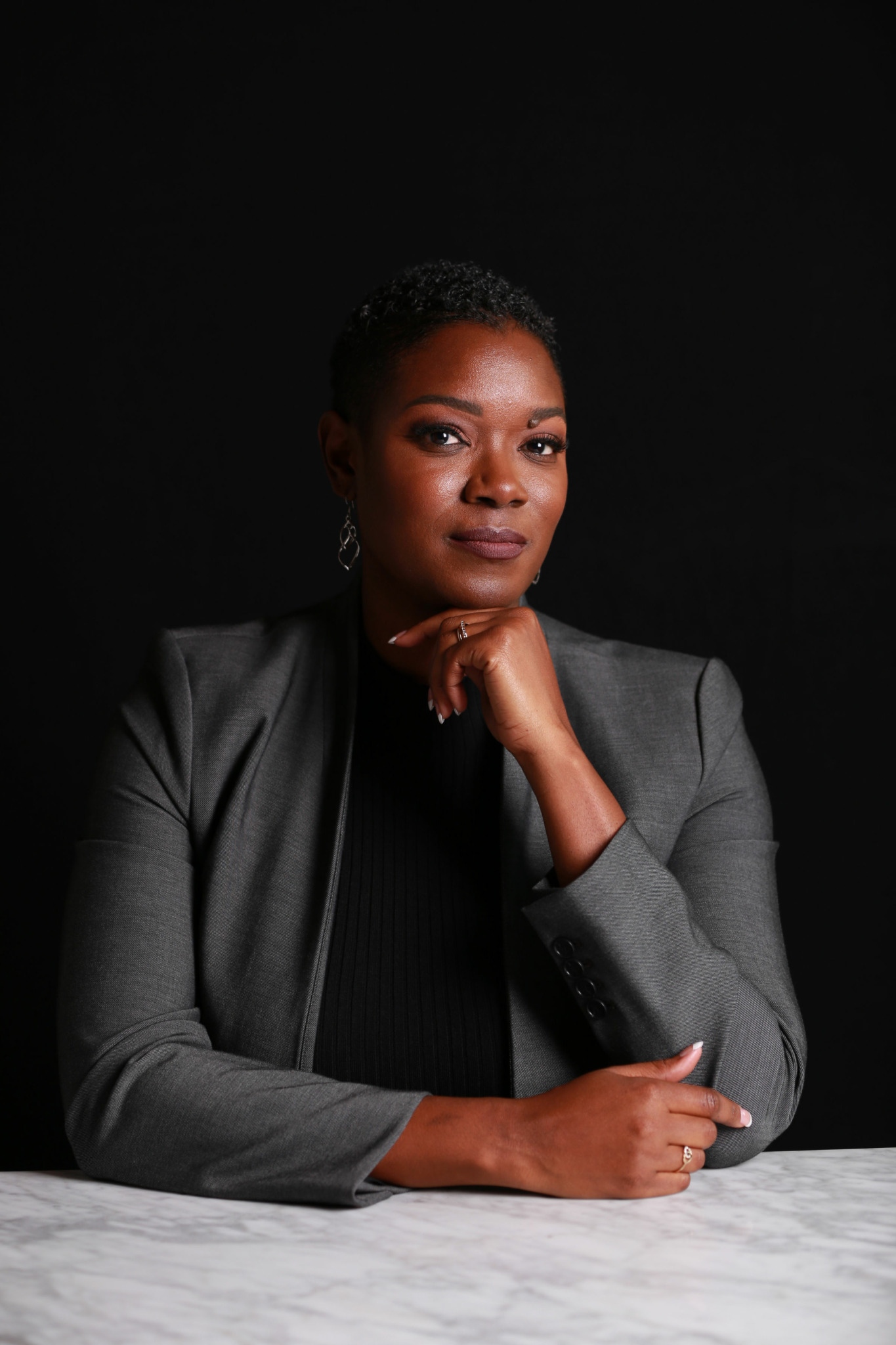We were lucky to catch up with Desirae Sanders recently and have shared our conversation below.
Desirae, looking forward to hearing all of your stories today. What did your parents do right and how has that impacted you in your life and career?
My parents taught me the value of hard work, education, integrity, compassion, and service to others.
I was raised by two working middle-class parents who both held master’s degrees in education and raised eight children on teachers’ salaries. My mother taught third grade, and my father taught at an alternative school during the day while working evenings at a hospital as a histologist. While we were not wealthy, my father worked tirelessly to ensure we never went without. He made sure we never realized we were struggling financially. I cannot recall a single holiday, scholastic book order, field trip, band camp, or basketball camp that he did not make happen.
I drove an embarrassing, rusted 1972 green Volvo in high school, wishing for a shiny new 1998 Toyota Camry. But the simple fact that I had a car—when my parents had seven other children to provide for—was a direct result of their sacrifices and dedication. My siblings and I absorbed these lessons and worked diligently in school and in our careers. Today, each of us is college-educated and thriving: a Community & Resident Services Director, a respiratory therapist, me—a Supervising Deputy Public Defender, a middle school teacher, a registered nurse and Director of Nursing, a singer who landed the role of Simba in Disney’s National Tour of The Lion King, a Director of Training for a restaurant chain, and a high school principal. Clearly, my parents did something right.
My mother, especially, has been my compass. She instilled the values of integrity, compassion, and service to others. For as long as I can remember, she would say: “You only get one name—don’t mess it up.” In my profession, I have seen lawyers compromise their reputation for a single case or a fleeting “win.” But I have worked too hard to let one case jeopardize my integrity, my name, or everything I have built. My mom taught me the courage to do what is right—even when it is unpopular, and even when it means standing alone. That lesson has guided me time and again in my life and career.
She is also the most compassionate person I know, always in service to others. With eight children at home, she still found time to give to those in need, whether through church, school, or volunteering. We grew up knowing that no matter our circumstances, there would always be people less fortunate—and that gratitude and service were nonnegotiable parts of life.
Whether building a career, raising my family, or serving my community, the values my parents instilled in me are at the core of who I am. They laid the foundation for my success as an attorney and continue to guide me toward my goal of serving as a judicial officer. They grounded me as a single mother raising a son, teaching him the same lessons of character, compassion, and dedication. Today, he is a 26-year-old Howard University graduate pursuing his Ph.D. in psychology, passionate about helping others.
Their legacy also fuels my dedication to service—as a high school basketball coach, mentor, board member, volunteer, and community advocate. Every role I have embraced reflects the enduring influence of my parents’ love, sacrifice, and guidance. I am who I am today because of them—and I carry their lessons with me into every decision I make, both personally and professionally.
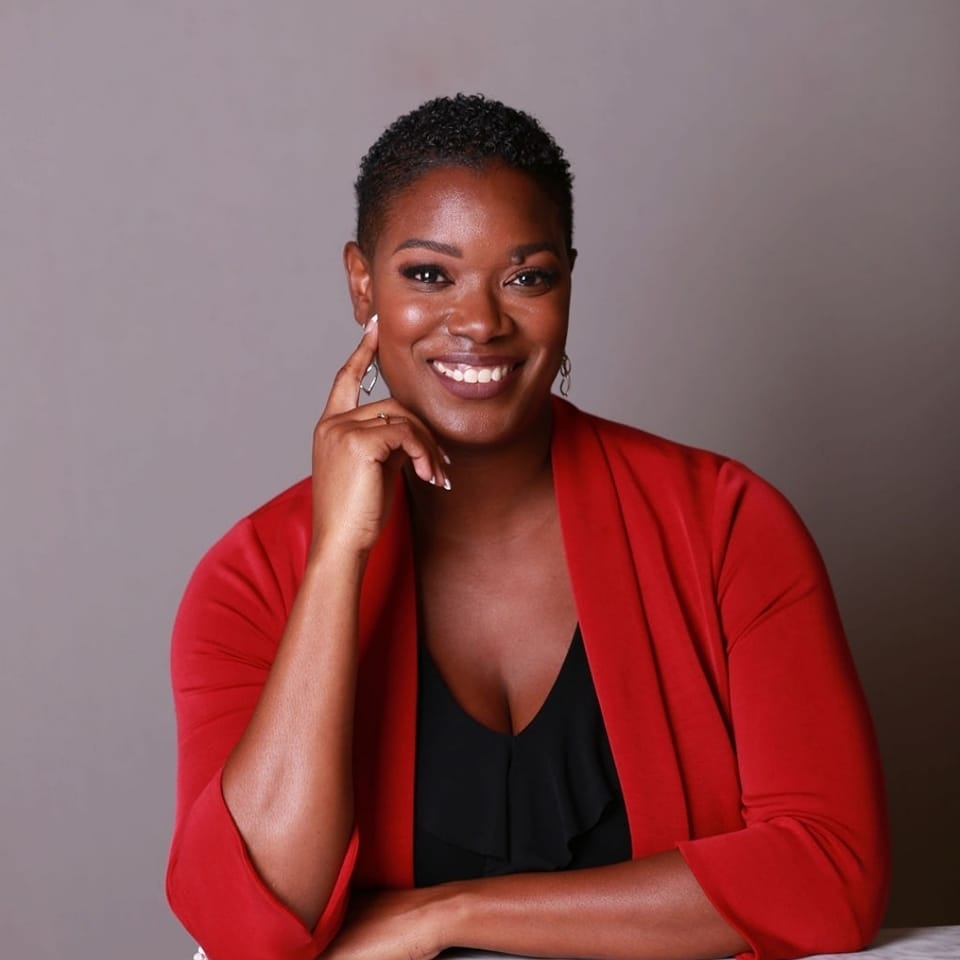
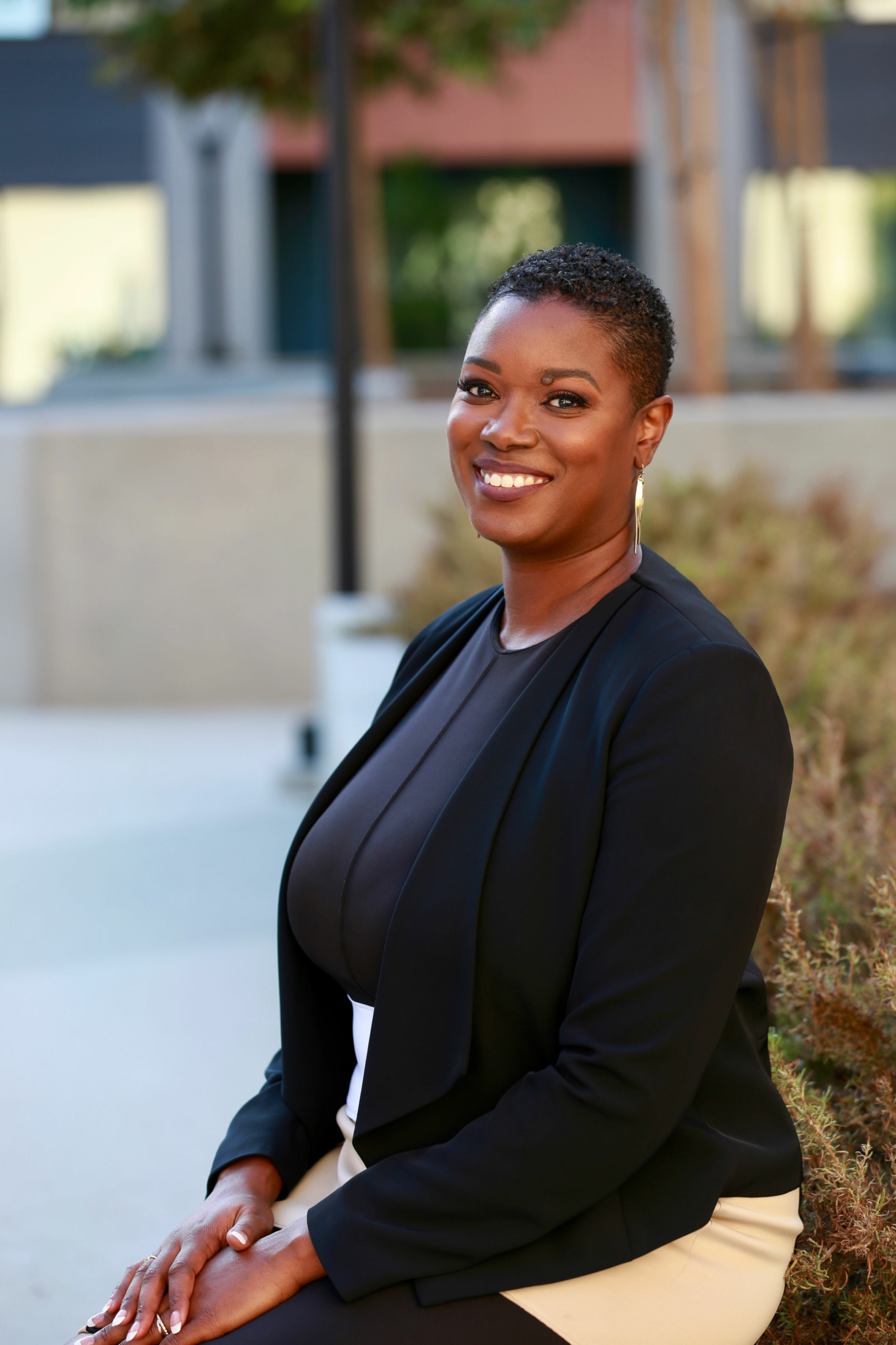
Desirae, love having you share your insights with us. Before we ask you more questions, maybe you can take a moment to introduce yourself to our readers who might have missed our earlier conversations?
I am a criminal defense attorney licensed in California and Kentucky, and I currently serve as the supervising attorney for the Mental Health Unit and CARE Court at the San Diego County Office of the Primary Public Defender. I have been a public defender in San Diego County since 2011 and previously worked as a public defender in Kentucky.
I knew I wanted to be a judge when I was five years old. What I didn’t realize at the time was that becoming a judge meant first becoming an attorney. The only lawyer I knew growing up was the husband of one of my mother’s colleagues—a Commonwealth Attorney in Kentucky, the equivalent of a District Attorney in San Diego. For years, I believed the only path to the bench was through prosecution. In law school, I interned at the prosecutor’s office, only to discover I was miserable. It became clear that my values and voice belonged on the other side of the courtroom, advocating for those whose rights and dignity are too often overlooked. That decision led me to a career as a public defender, and I have never looked back.
Over the years, I have been proud of many things in this work, especially my contributions in juvenile justice through RISE Court, my leadership in the creation of our mental health CARE Court, and most recently, the groundbreaking work our team has accomplished in conservatorship court through an appellate decision. These experiences reinforced for me the extraordinary responsibility public defenders carry—not only to defend, but to protect rights, ensure fairness, and bring humanity to a system that often forgets the people at its center.
I am often asked: “How can you defend someone accused of murder, rape, or a serious crime if you know they did it?” The answer lies in our mission statement: “to protect the rights, liberties, and dignity of all persons in San Diego County and maintain the integrity and fairness of the American justice system.” Those rights do not vanish when someone is accused of a crime. They do not vanish even when someone has committed a crime. The justice system has a process that belongs equally to all people—regardless of race, gender, ethnicity, religion, or wealth. My role is to make sure that process works, especially for vulnerable populations like those suffering from mental illness.
For me, it is not about excusing actions—it is about ensuring fairness, dignity, and humanity in a system that affects lives in profound ways. Every client, every case, is an opportunity to protect those principles. That is why I do this work. Because if you were the one person wrongfully accused, you would want the system to work as fairly for you as for anyone else. Justice cannot be something we apply selectively; it must be guaranteed for all. That is not only my profession—it is my purpose.
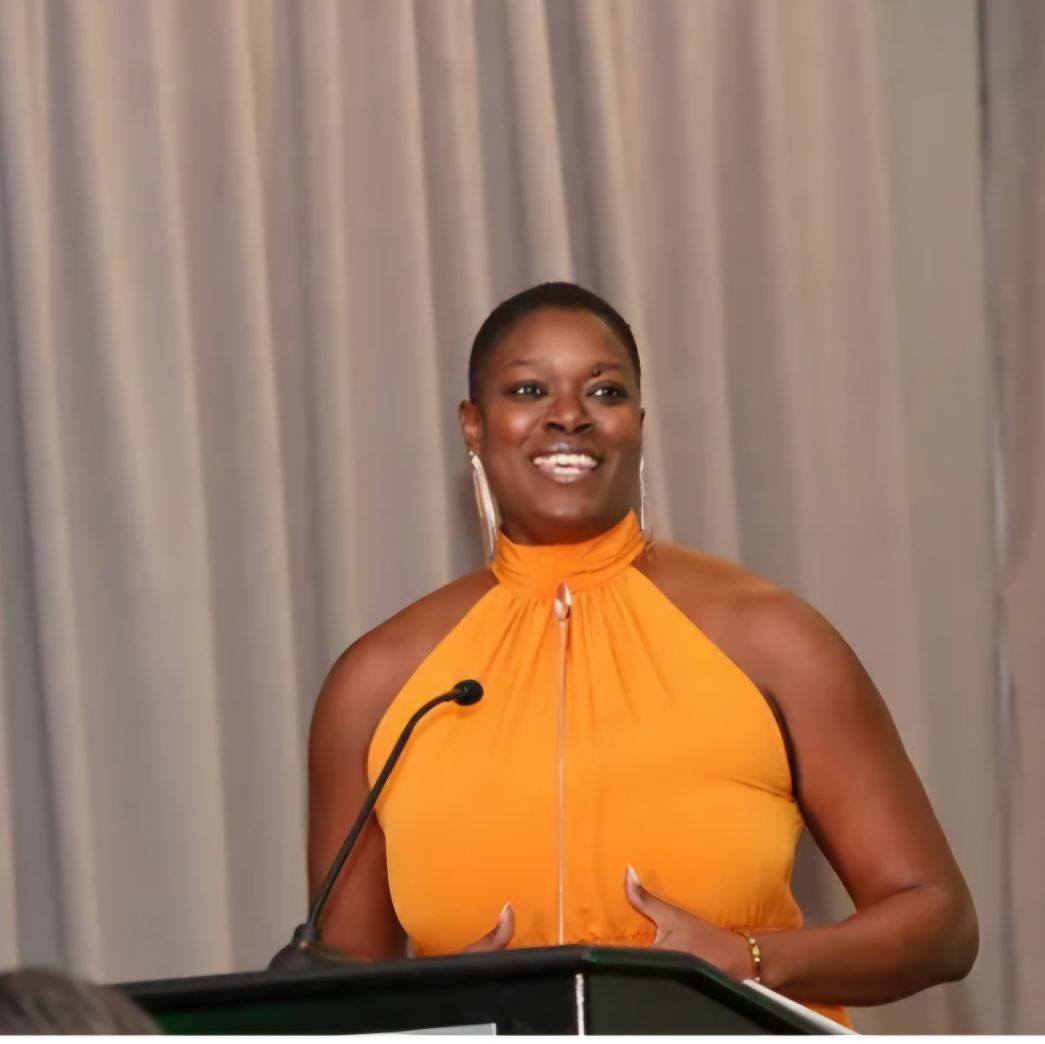
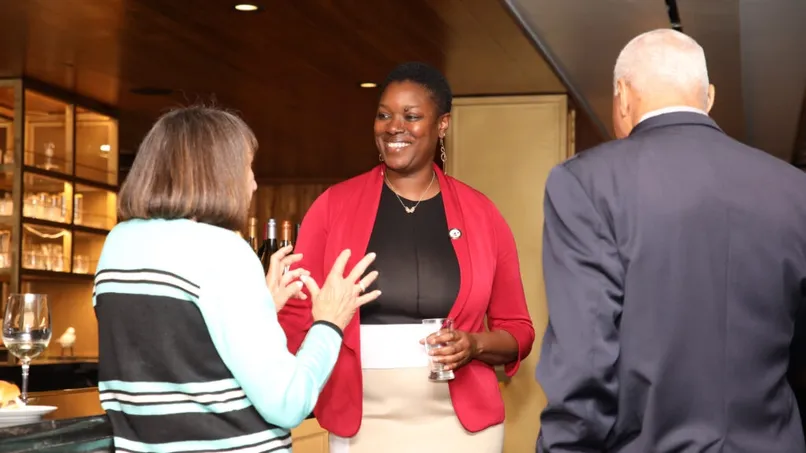
We’d love to hear a story of resilience from your journey.
My road to becoming an attorney was not easy and there were moments in my journey when walking away would have been easier. It was marked by surprises, detours, and both personal and professional setbacks that illustrate my grit and resilience. Some of my strongest characteristics – including my drive, tenacity, and humility – were forged through the struggles and the fight it took to get from where I started to where I am now.
I became pregnant in my senior year in high school, when I was seventeen years old. This came as a shock, not only to my family, but to everyone who knew me to be a hard-working honors student and multi-sport athlete, as well as a person of faith. It was a life-changing moment that could have easily derailed my future – but instead, it became the foundation for my strength. As a single, black teenager, the odds for my success were not on my side; however, I knew I was meant to be more than just a statistic, and I refused to let my circumstances define me. Although I excelled in high school athletically and academically, due to becoming a mother at such a young age, I had to turn down offers to play collegiate basketball and volleyball from prestigious universities. Fortunately, the flexibility offered at the local community college was what I needed at the time, and thus where I humbly began.
Throughout my schooling, I was repeatedly told to stop working full time and apply for government assistance. That was not the route I wanted to take. I wanted to make it on my own. While I ultimately had to use housing and childcare assistance as part of a program for single mothers when I transferred to the University of Kentucky, I refused to stop working, against the advice of program coordinators, and worked the maximum hours allowed.
Through it all, the one thing I never wavered on was my desire to become a judge. After graduating from the University of Kentucky, I found attending law school as a full-time student, while working full-time and being a single mother, was not feasible. Therefore, I enrolled in the part-time four-year evening program at Salmon P. Chase College of Law at Northern Kentucky University, which would provide me with an early-head start program on campus for my son during the day in addition to evening childcare. Many of my peers and professors encouraged me to allow my son to live with my parents, an hour and a half away in Lexington, Kentucky, in order to successfully navigate law school. That was never an option, and I was determined to graduate while raising my son.
Those years were grueling. After working an eight-hour day, I had about an hour and a half to pick up my son from school, feed him dinner, and drop him off at evening childcare before heading to class. Evening childcare ended prior to the conclusion of class, so I would have to leave class early to pick him up and return to class with him by my feet as I finished my studies. After class, we would drive home, and I would help him finish any homework he had left and then prepare him for bed. I would then study into the early morning hours, get a few hours of sleep, and wake up to do it all over again. Despite everything, I finished my first year of law school on the Dean’s List.
This was one of the most trying times in my life. Many nights I found myself in tears and wanting to give up. My breaking point came at the end of my second year of law school. I knew I needed to get more involved with extracurricular organizations, so I joined the mock trial team and was elected President of the Black Law Students Association and Women’s Law Caucus. By the end of that year, I found myself falling from Dean’s List to academic probation. I stretched myself too thin. My third year of law school began standing before a panel of my professors, advocating why I would be successful in law school and ultimately as an attorney, asking them not to release me from the school. I advocated for a second chance to show everyone what I knew I was capable of doing academically. I was graciously granted that opportunity and succeeded, demonstrating why I still belonged in law school and making my way back to the Dean’s List.
After graduation, I discovered the San Diego Public Defender’s Office was recruiting for its post-bar program. I welcomed the chance to practice in a state with more evidence-based courts and rehabilitation-oriented prosecutors and judges. Again, things did not go as planned. At the conclusion of the program, the county was in the midst of a hiring freeze, and I could not gain full-time employment. This was a very humbling experience, which gave way to yet another period of personal and professional growth.
I moved to Modesto, California hoping the hiring freeze was temporary. While there, I worked at Sears selling appliances to support myself and my son. I volunteered as a pro bono attorney with the California Rural Legal Assistant program (CRLA). I also worked as an independent contractor, taking any case that came my way from attorneys who needed assistance with research, writing, pleadings, or other entry-level tasks to continue growing and learning.
By the end of that year, the hiring freeze was still in place. I was encouraged by a law school friend to apply for a position in her office as an assistant public advocate in Kentucky. Although it was not part of my original plan, I moved back to Kentucky to take a full-time staff attorney position with the Department of Public Advocacy. A year later, I received a call from the San Diego Public Defender’s office stating the hiring freeze was lifted and they were interested in interviewing me for an attorney position. After the interviewing process, I was hired, moved back across the country to California, and proved that a dream delayed could still be realized. I definitely was stronger from the journey.
We are all human and a product of our life experiences. Fortunately, I was able to use my determination and resilience to rise above the challenges I faced and achieve my dream. My journey has given me strength, deep humility, and immense appreciation for the struggles that shaped the woman I am today. Looking back, I recognize how those struggles shaped me. They also gave me perspective—one I now use to mentor and encourage others facing challenges of their own. My journey has made me a better advocate, a better leader, and a better human being. Most of all, it has taught me that strength is not found in avoiding hardship, but in rising above it.
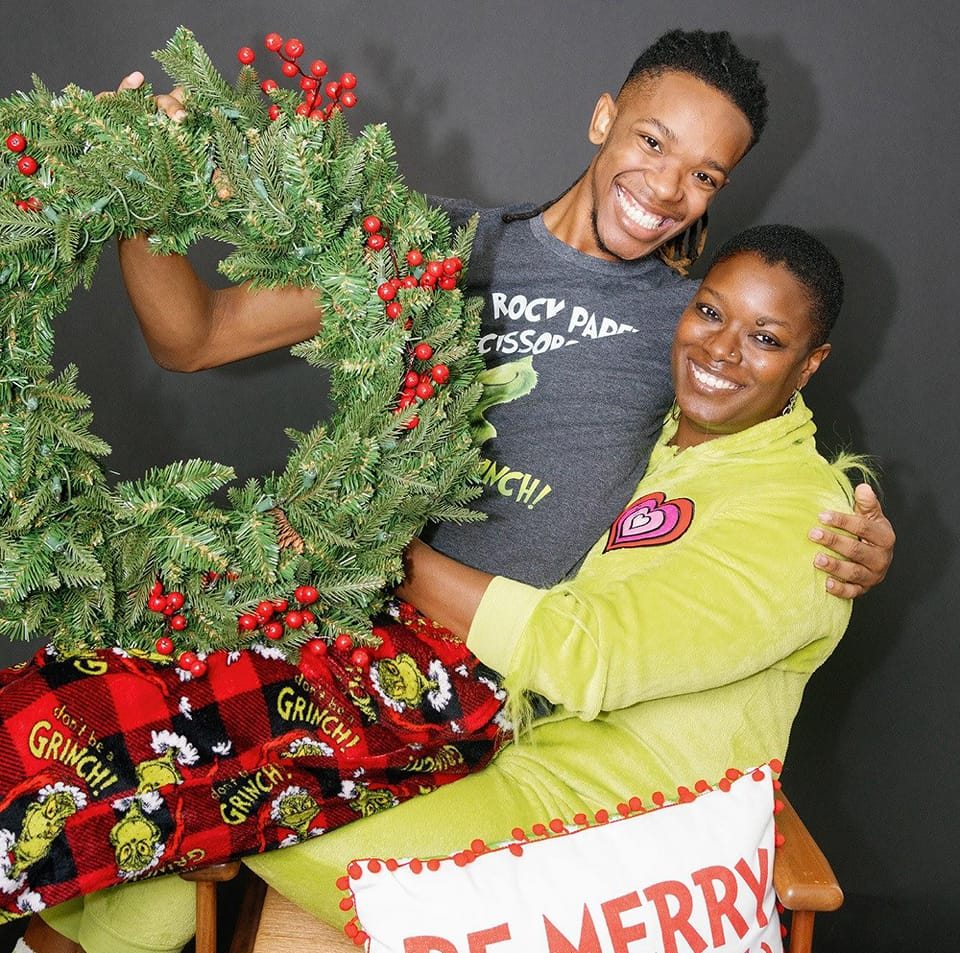
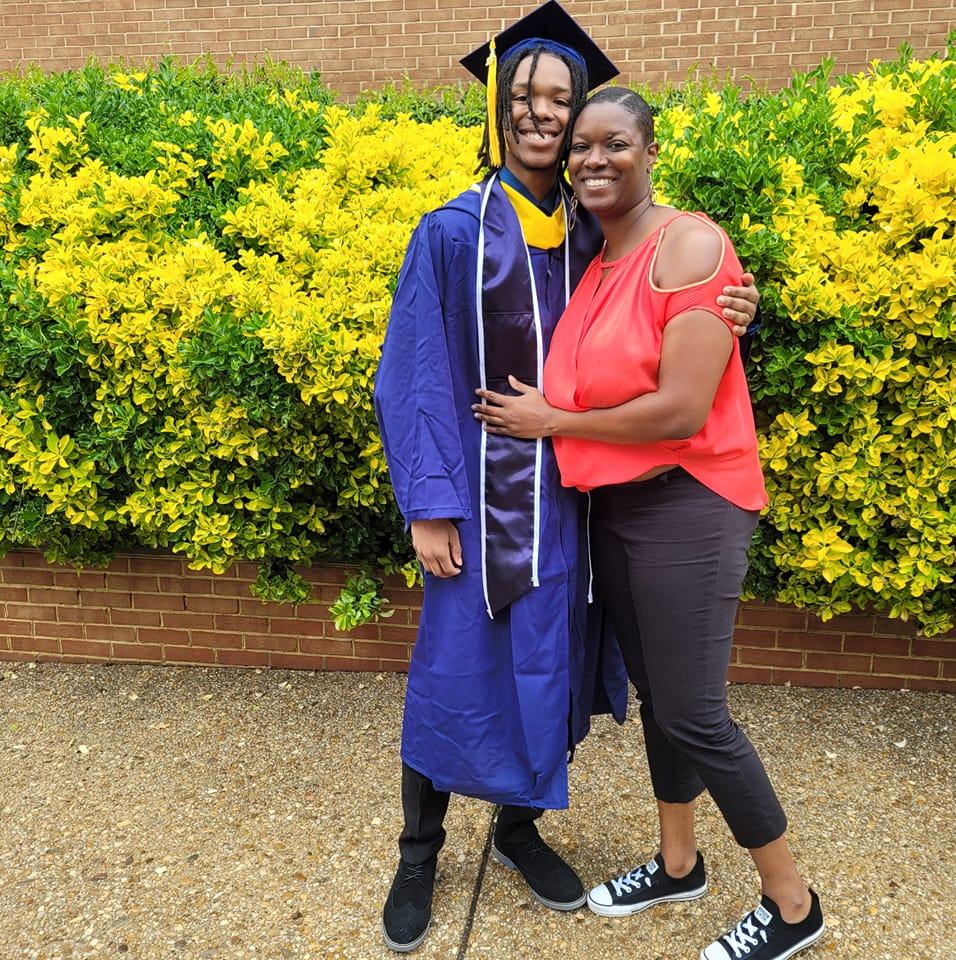
Have you ever had to pivot?
Throughout my life and legal career, I’ve had to pivot many times – each shift demanding courage, flexibility, and faith in the unknown. But what I’ve come to realize is these pivots were never setbacks. Instead, they propelled me forward, shaped my strength, and brought me closer to the path I was meant to walk.
While in law school, I worked full-time, all while holding onto a clear vision: I wanted to leave Kentucky and build a new life in California. After graduating law school in August 2008, I stayed in Kentucky briefly to work and prepare for the transition. In February 2009, I moved cross-country with my son to San Diego, where I had been accepted into a post-bar program with the San Diego Public Defender’s Office. The plan was to complete the program, which was from February to May, pass the bar, and be offered a position as deputy public defender. However, life had other plans. At the height of one of the worst budget crises in the county’s recent history, the office was unable to hire any new attorneys. There was no clear timeline for when, or if, that would change. With no “Plan B” in place, I made a difficult but hopeful choice to stay in California, trusting that things would turn around.
That was my first pivot. In May 2009, I moved with my son seven hours north to Ceres, California to live with my best friend and her family. While waiting for the hiring freeze to lift, I worked pro bono for California Rural Legal Assistance (who was also unable to hire) and supported myself and my son by selling washers and dryers at Sears. Eventually, I realized I could not continue to wait indefinitely. I applied to the Kentucky Department of Public Advocacy and was offered a position. This led to my next pivot.
In January 2010, I packed up again and returned to Kentucky. My son and I moved in briefly with my sister’s family, and I began working as a public defender. I was allowed to practice with a limited license based on my California bar status, giving me 18 months before needing to pass the Kentucky bar. When I took the Kentucky bar the first time, I missed passing by a single point. I was devastated and deeply embarrassed. Then, unexpectedly, the San Diego Public Defender’s Office contacted me. The hiring freeze had finally ended. They asked if I would be interested in applying for a position. I was faced with a dilemma: Do I pivot again? I didn’t want to, but I knew I had to. Kentucky was not where I was meant to stay. I applied for the position. When it came time to interview, I explained I could not travel back to California for an in-person interview. They graciously made an exception and allowed me to interview via video (this was pre-COVID and before zoom was the norm). A few weeks later, I was packing up once again and driving across the country for what turned out to be the most pivotal and rewarding move of my life.
Each pivot has brought challenges, yes – but more importantly, each has brought clarity, strength, and purpose. They have reinforced my belief that detours often redirect us exactly where we are meant to be. Without those unexpected turns, I would not be in California, continuing my journey with the passion and conviction that fuels me every day. I would not have built the incredible network of colleagues and friends who support and challenge me. What once felt like setbacks, I now see as defining chapters – evidence of resilience, adaptability, and an unwavering commitment to my calling.
Every pivot has been a step toward becoming the attorney, mother and leader I am today – and toward the judge I aspire to be tomorrow.
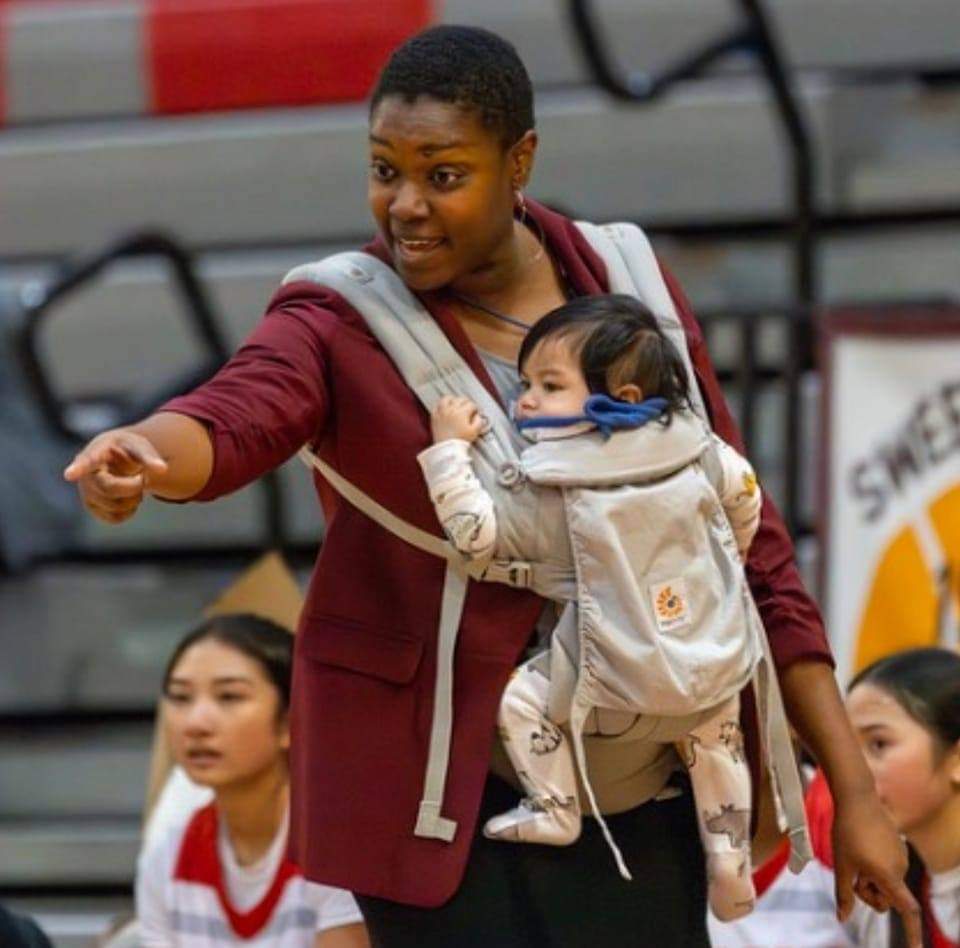
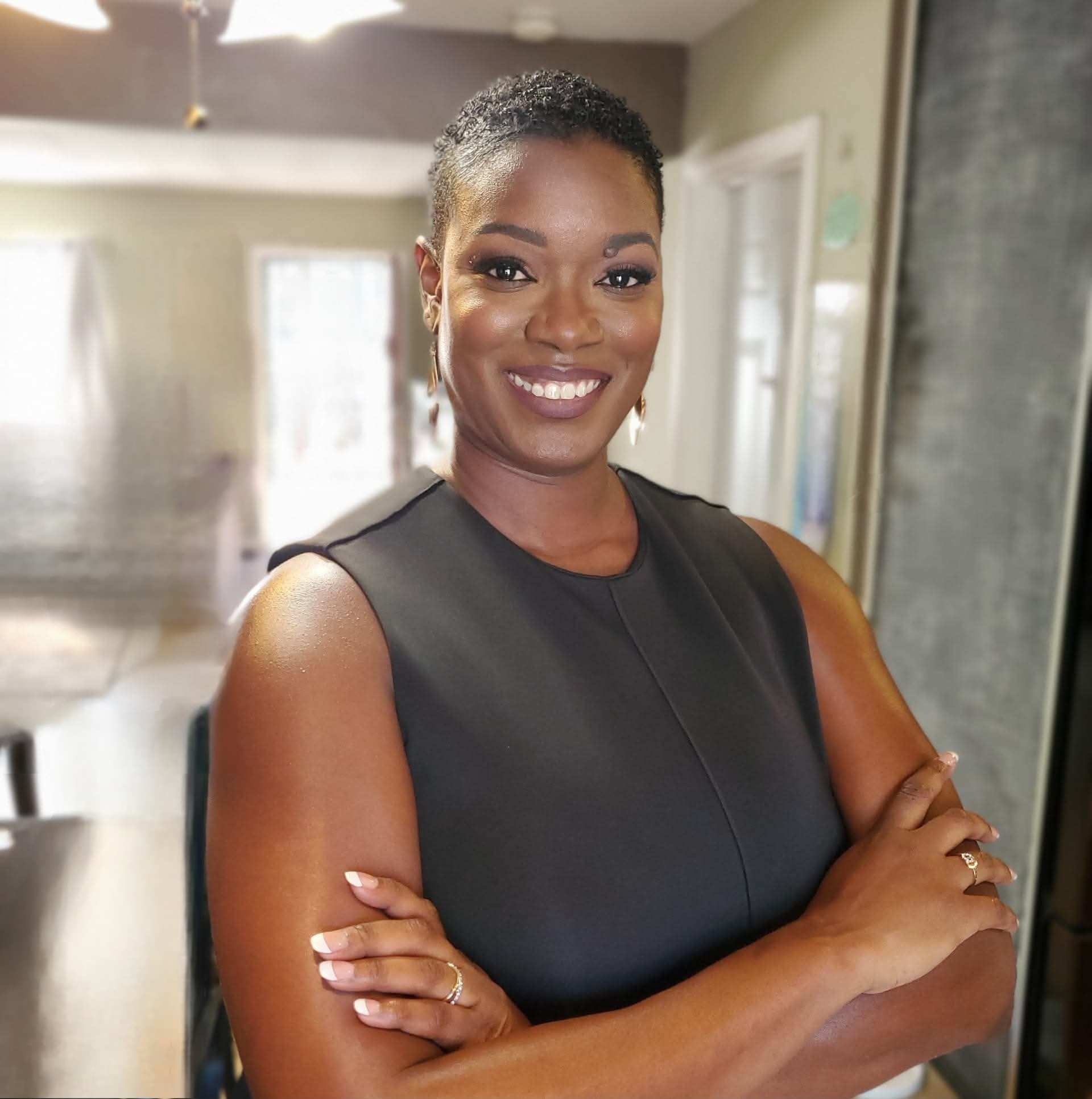
Image Credits
Brandon Johnson, Brandon Johnson Photography
Erica Benson, Alternative Standards


